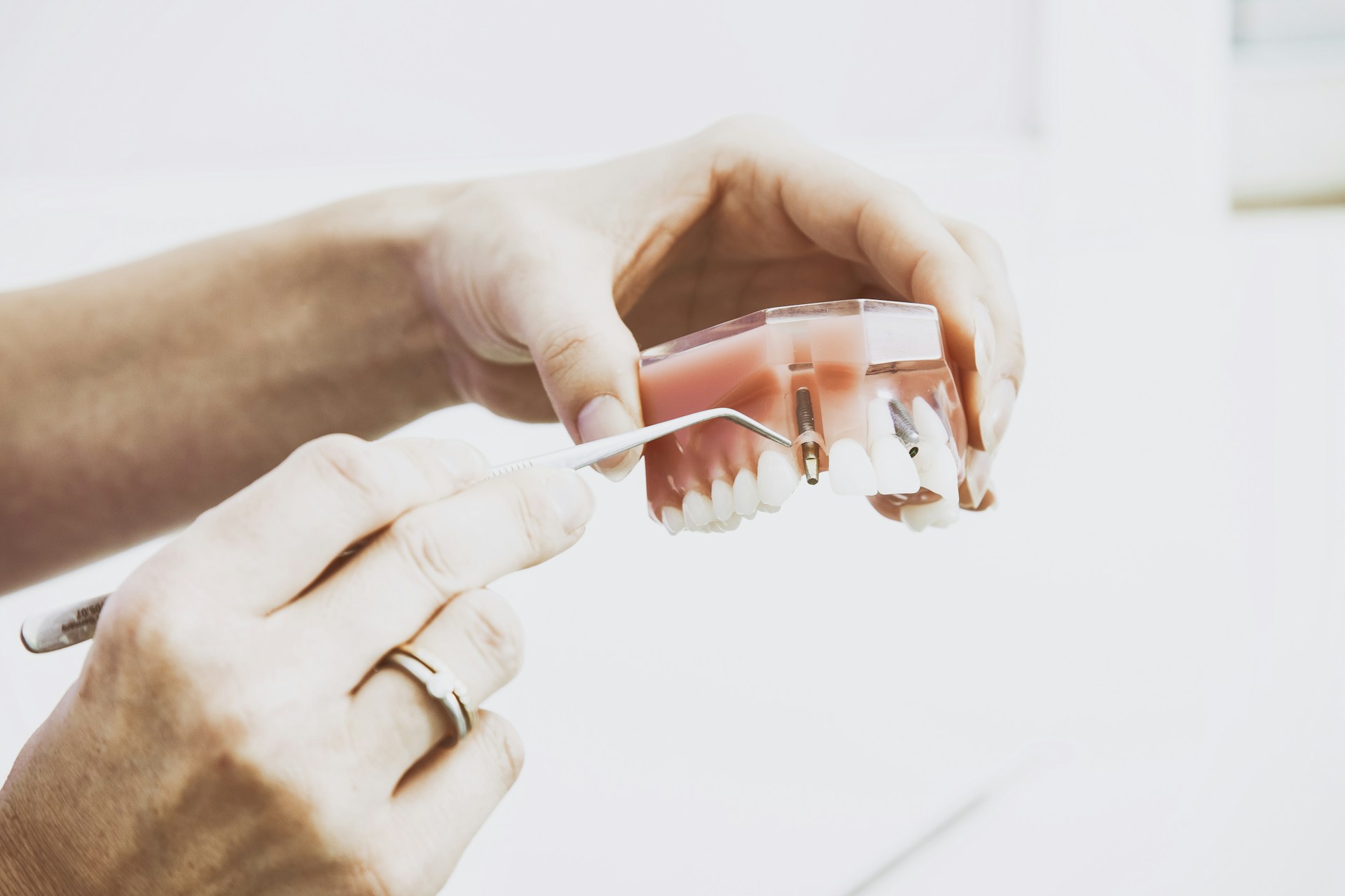Oral Thrush in Babies: Causes, Symptoms, and Treatment Options
Learn about oral thrush in babies, a common fungal infection caused by an overgrowth of candida yeast. Find the risk factors and consult a pediatrician for proper diagnosis and treatment option.
6/25/20244 நிமிடங்கள் வாசிக்கவும்


What is Oral Thrush?
Oral thrush, medically known as oral candidiasis, is a prevalent fungal infection in infants caused by the overgrowth of Candida yeast in the mouth.
Characterized by white, creamy patches on the tongue, inner cheeks, roof of the mouth, and occasionally on the gums and tonsils, this condition can be concerning for parents. These patches often resemble cottage cheese and can sometimes cause discomfort or difficulty feeding for the baby.
The diagnosis of oral thrush usually involves a physical examination. Pediatricians often identify the condition based on the characteristic appearance of the white lesions.
In some cases, a gentle scraping of the spots may be performed to examine the yeast under a microscope, confirming the presence of Candida.
Oral thrush is more common in infants due to the immature state of their immune systems.
Newborns have not yet developed the robust defense mechanisms that older children and adults have, making them more susceptible to infections like oral candidiasis.
The balance of microorganisms in an infant's mouth can be easily disrupted, allowing Candida to multiply unchecked.
Factors contributing to this imbalance include antibiotic use, which can reduce the number of beneficial bacteria that normally keep yeast populations under control, and a humid environment in the mouth that promotes yeast growth.
Moreover, infants are frequently in close contact with caregivers and breastfeeding mothers who might inadvertently transfer Candida through breastfeeding or close physical contact.
Understanding the nature and symptoms of oral thrush is vital for early detection and treatment.
While it can be alarming for parents to see these white patches in their baby's mouth, prompt medical attention and appropriate management can effectively address the infection and alleviate any discomfort it may cause for the infant.
Causes of Oral Thrush in Babies
Oral thrush in babies is primarily caused by an overgrowth of Candida yeast, which is naturally present in small amounts in the mouth and digestive tract.
Under normal circumstances, this yeast coexists harmoniously with other microorganisms. However, specific conditions can disrupt this balance, leading to an uncontrolled multiplication of Candida, resulting in oral thrush.
One significant factor contributing to the development of oral thrush is the use of antibiotics.
When a baby takes antibiotics, either directly or through breastfeeding if the mother is on antibiotics, these medications can eliminate not only harmful bacteria but also beneficial microorganisms. This disruption allows Candida to thrive, as its natural competitors are diminished.
A weakened immune system is another critical factor. Infants have developing immune systems that are not yet fully capable of fighting off infections.
Premature babies or those with underlying health conditions may be particularly vulnerable to oral thrush due to their compromised ability to regulate Candida growth effectively.
Transmission from the mother during childbirth can also introduce Candida to the baby. If the mother has a vaginal yeast infection at the time of delivery, the yeast can be passed to the baby as they pass through the birth canal.
This transfer can establish a foothold for Candida, leading to oral thrush shortly after birth.
The use of pacifiers and bottles can further create an environment conducive to yeast overgrowth. Pacifiers and bottle nipples can harbor yeast, especially if not cleaned properly or frequently.
The warm, moist conditions of a baby's mouth, combined with the presence of these objects, provide an ideal breeding ground for Candida.
Understanding these causes is crucial for preventing and managing oral thrush in babies.
Preventive Measures for Oral Thrush in Babies
Maintaining good oral hygiene is paramount in preventing oral thrush in babies. One effective method is to clean the baby's mouth regularly with a soft, damp cloth.
This practice helps remove any residual milk and prevents the build-up of bacteria. Additionally, it is crucial to sterilize feeding bottles and pacifiers frequently. Boiling these items or using a sterilizer can significantly reduce the risk of harmful microbial growth.
Breastfeeding mothers should also take specific precautions to avoid contributing to oral thrush. Ensuring that the nipples are clean and dry before and after feeding can prevent the transmission of yeast.
It is advisable to avoid using antibiotics unless absolutely necessary, as they can disrupt the natural balance of bacteria and yeast in both the mother and the baby.
Monitoring the baby's health is essential. Parents and caregivers should be vigilant for symptoms of oral thrush, such as white patches inside the baby's mouth, fussiness during feeding, or difficulty swallowing.
If these symptoms are observed, consulting a pediatrician promptly can help address the issue before it escalates.
By integrating these preventive measures into daily routines, parents and caregivers can significantly reduce the likelihood of oral thrush in babies, ensuring their comfort and well-being.
Effective treatments for oral thrush in adults
Oral thrush, medically referred to as oral candidiasis, is a common fungal infection that affects the mouth and throat. This condition arises due to the overgrowth of Candida yeast, a type of fungus that naturally resides in the oral cavity, digestive tract, and skin. Under normal circumstances, Candida coexists harmoniously with other microorganisms in the body, kept in check by a well-functioning immune system and a balanced microbial environment....
How to take care of your child's teeth ?
Proper dental care is essential for maintaining your child's oral health. Establishing good oral hygiene habits early on can help prevent dental issues and promote a lifetime of healthy smiles.
In this article, we will provide you with a comprehensive guide on how to take care of your child's teeth, including dental care instructions specifically tailored for children.


Contact Smiles
drdeepi15@gmail.com
Have doubts ..?
